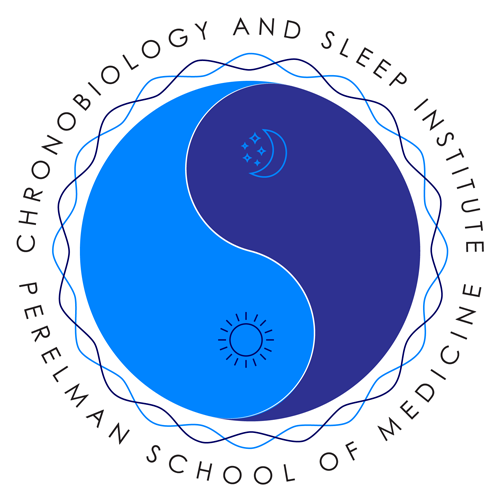- Home
- Community Outreach
Community Outreach
What makes us tick? –our internal clocks and a good night’s sleep
Humans and most animals display daily cycles of sleep and wake. The timing of these cycles is driven by endogenous circadian (~24 hour) clocks, which facilitate adaptation to our cyclic environment and confer daily rhythms not only on sleep but also on virtually all other physiological systems. Clocks in humans ensure that sleep occurs at night, body temperature is highest in the evening and cortisol peaks following morning awakening. In this manner, clocks separate different processes in time and optimize them to promote fitness. Health and fitness also depend upon sleep, not just the timing controlled by the circadian clock, but also the amount and quality of sleep, which are maintained at steady levels by other mechanisms. Disrupted rhythms and/or inadequate sleep, both of which are prevalent in modern society as a result of shift-work, travel across time zones (jetlag), and mistimed sleep or eating, have deleterious consequences for health. Even inadequate exposure to light during the day and dark at night, also common features of our electronically-driven lives, can dampen rhythms and affect sleep. Not surprisingly, given the broad impact of circadian rhythms and sleep on organismal function, disruptions in these have been associated with a wide range of diseases.
The Chronobiology and Sleep Institute (CSI) was created in 2019 in recognition of the biomedical relevance and cross-disciplinary nature of circadian rhythms and sleep. The overall goal is to strengthen our understanding of how biological timing and sleep impact physiology and behavior, and to stimulate the translation of laboratory findings to clinical implementation. The CSI bridges the basic and clinical sciences by bringing together researchers across these areas, promotes educational activities, and seeks to increase awareness of the health relevance of daily rhythms and sleep. Our participating faculty members are leaders in their fields, and their collective research interests encompass a vast spectrum of biomedical science, from neurobiology to metabolism to cardiovascular disease and cancer.
In recognition of the fundamental importance of circadian rhythms for human health, the 2017 Nobel Prize in Medicine or Physiology was awarded to three scientists who discovered the mechanism that generates the internal circadian clock



